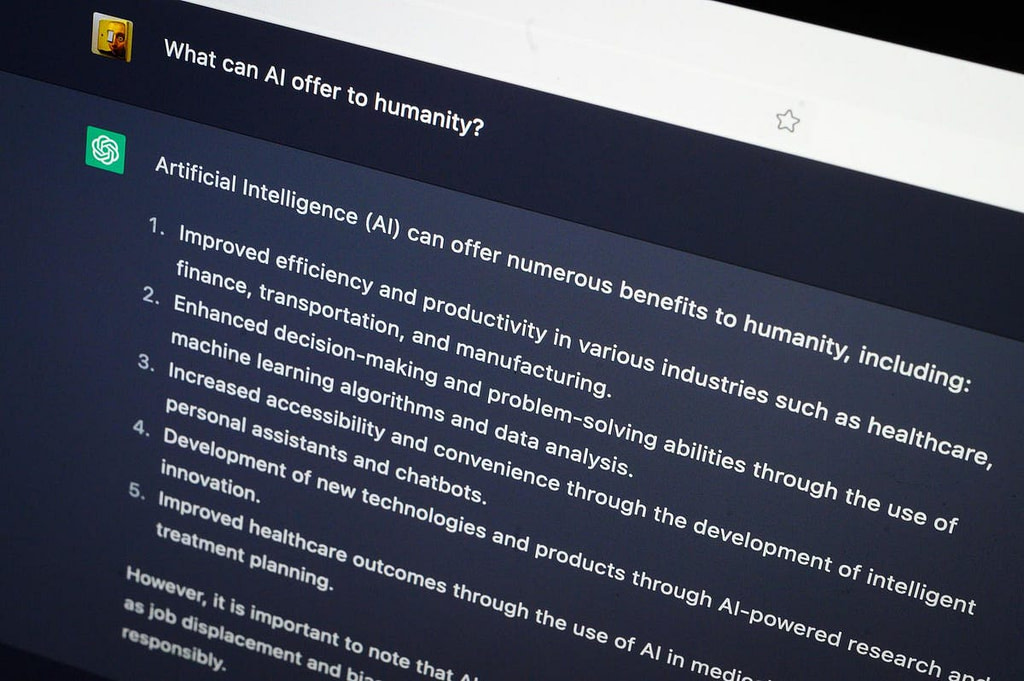- April 24, 2023

The Software Alliance recently released a report outlining their recommendations for regulating AI in order to ensure that it is used responsibly and ethically. BSA’s report focuses on three key areas: transparency, accountability, and fairness. In terms of transparency, they suggest that organizations should be required to provide clear information about how their AI systems work and what data they are using. This would allow users of the system to understand why certain decisions were made by the system and help them make informed choices about whether or not they want to use it. Additionally, BSA recommends that organizations should have processes in place for responding quickly when errors occur with an AI system so that any issues can be addressed promptly. In terms of accountability, BSA suggests that organizations should be held accountable for any harm caused by their AI systems as well as any risks posed by them. They also recommend establishing independent oversight bodies which could review complaints related to the use of these systems and take appropriate action if necessary. Finally, when it comes to fairness, BSA believes there needs to be measures put in place which ensure that all individuals are treated fairly regardless of race or gender when interacting with an AI system. Overall, this report from BSA provides valuable insight into how we can best regulate the use of artificial intelligence going forward so that its potential benefits can be realized while minimizing any associated risks or harms caused by its misuse or abuse. It is now up to both private companies and government entities alike who are developing or utilizing these technologies in some way shape or form take heed from this advice so we can move towards a future where everyone’s rights are respected while still taking advantage of all the opportunities offered by advances in technology such as artificial intelligence .
Read More
April 24, 2023







































